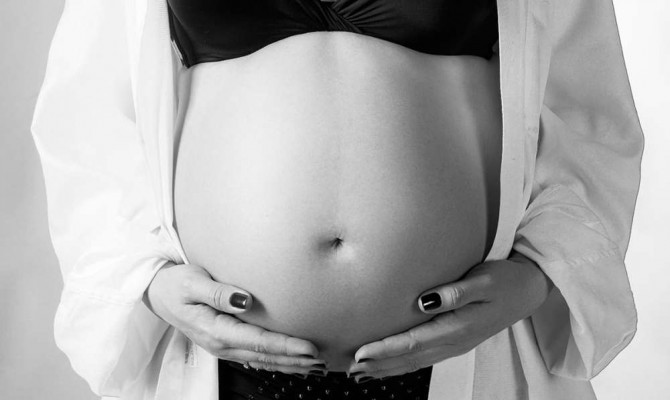Biomarker in pregnant women linked to depression


Depression is very common during pregnancy, with as many as one in seven women suffering from the illness and more than a half million women impacted by postpartum depression in the U.S. alone.
The disorder not only affects the mother’s mood, but has also been linked to influencing the newborn’s development, according to recent research.
Research from The Ohio State University Wexner Medical Centre in the US found that BDNF levels change during pregnancy, and can cause depression in the mother and low birth weight in the baby.
To land to their findings, the researchers took blood samples during and after pregnancy from about 139 women. They observed that the levels of BDNF decreased significantly from the first through the third trimesters. Moreover, the levels eventually increased after giving birth.
On average, black women showed significantly higher BDNF than white women during pregnancy. When the researchers controlled the race, lower BDNF levels at both the second and third trimesters predicted greater depressive symptoms in the third trimester. Mothers who gave birth to low birth weight babies demonstrated markedly lower BDNF in the third trimester.
Though anti-depressants showed increased BDNF levels and may help address the problem, it is not without potential side effects.
“Luckily, another very effective way to increase BDNF levels is through exercise,” said Lisa M. Christian, an associate professor of psychiatry in the Institute for Behavioral Medicine Research at Ohio State’s Wexner Medical Center and principal investigator of the study.
“With approval from your physician, staying physically active during pregnancy can help maintain BDNF levels, which has benefits for a woman’s mood, as well as for her baby’s development.” She added.
Prepared by
LatinAmerican Post | Luisa Fernanda Baes




